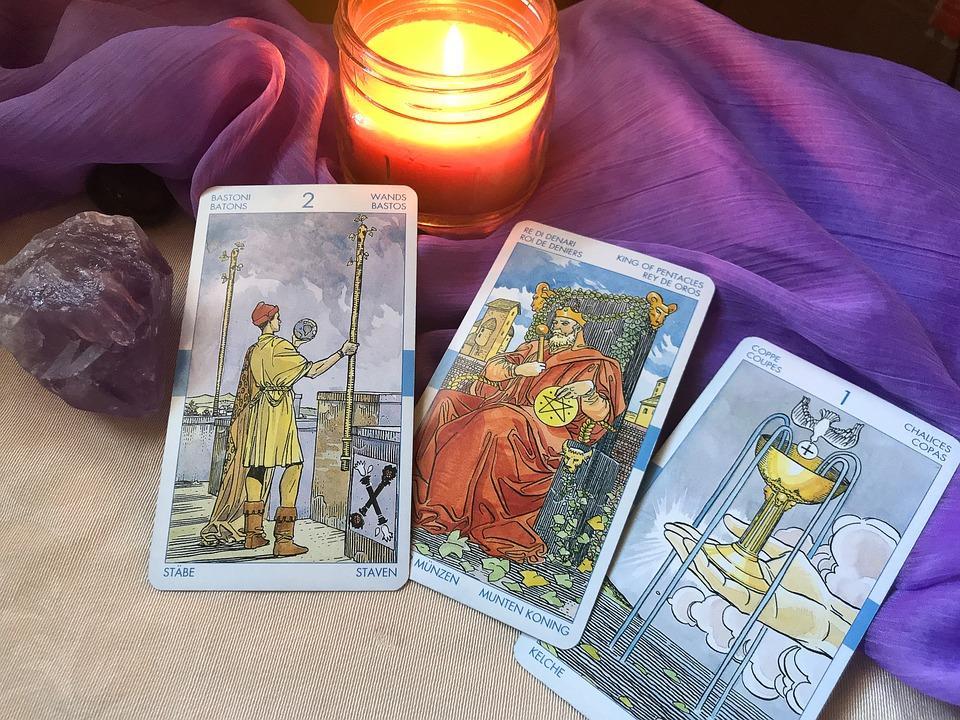Cognitive Behavioral Therapy
Cognitive behavioral therapy (CBT) is a type of psychotherapy that helps individuals identify and change negative thought patterns and behaviors. It combines cognitive therapy and behavior therapy to improve emotional well-being and promote healthier responses to challenging situations.
Cognitive behavioral therapy (CBT) is a type of psychotherapy that helps individuals identify and change negative thought patterns and behaviors. It combines cognitive therapy and behavior therapy to improve emotional well-being and promote healthier responses to challenging situations.
BOOK YOUR FREE CONSULTATION TODAY
THE POSITIVE SOLUTION FOR YOUR
NEGATIVE THOUGHTS
CBT is focused on the concept that your feelings, thoughts, and actions are interconnected, and any negative thoughts and feelings can trap you in a vicious cycle of Depression and self-sabotage. Thus, it focuses on using a wide range of strategies to help you overcome these thoughts.
Through our Cognitive Behavioral Therapy sessions, you will be able to release negative feelings, eliminate pain and suffering, release unconscious blocks, all to achieve clarity in your life, and solve your problems with the help of the highest self-realization and Mindfulness.
BOOK YOUR COGNITIVE BEHAVIORAL THERAPY SESSION NOW
We Would love to hear from you.

Did you know?
Cognitive Behavioral Therapy
1
CBT has effectiveness rates of 60-90%. The more invested in treatment you are, the more your success rates increase.
2
CBT has better short-term AND long-term effectiveness rates compared to medication alone! Meds stop working once you stop taking them, but CBT effects can last a lifetime.
3
Two of the earliest forms of Cognitive-behavioral Therapy were Rational Emotive Behavior Therapy (REBT), developed by Albert Ellis in the 1950s, and Cognitive Therapy, developed by Aaron T. Beck in the 1960s.
CBT focuses on changing the embedded negative thoughts in one’s mind that can contribute to self-sabotage, depression, and anxiety, which worsens the emotional state.
Following a CBT Healing Session, thoughts will be identified, challenged, and replaced with more objective, realistic ones. You will be able to look at the past as a neutral observer and successfully plan and transform the present and future by releasing blocked emotions, thereby, aligning, balancing, and achieving chakra healing.
Kindly note that Alternative Healing is not a replacement for conventional medical treatment.
Benefits

Cognitive Behavioral Therapy allows you to build self-esteem by focusing on problems and working toward the solution. When you find the right answers, your belief in yourself grows and you’ll be able to conquer the disorder.

It addresses the underlying issues that allow emotions to become overwhelming and teaches you various methods to help control emotional responses by assisting you in recognizing the reasons behind your anger.

It helps you to have better communication skills by learning the best way to communicate your feelings to others without becoming angry or feeling shame.

You’ll become more self-aware and more in tune with your emotions, characteristics, and motivations, as increased self-awareness often leads to a better understanding of oneself.
Other recommended healing
FREQUENTLY ASKED QUESTIONS
Cognitive Behavioral Therapy (CBT) is a type of therapy that works to reframe perceptions and thought processes to help in changing behaviors and emotional health. Some tools used in CBT include relaxation training, biofeedback, hypnosis, and desensitization.
As each person’s needs are different, there is no exact answer or exact number of sessions needed to be effective. This would depend on the person and the scope of issues that are to be addressed during therapy. The length of therapy, however, is often shorter than other types of therapy and can be as short as between 12 and 20 weeks.
CBT has been found to be effective in treating panic disorder, phobias and other types of anxiety. It has also been found to help when patients may have a comorbid condition, such as depression, substance abuse or additional anxiety disorders.
Parental involvement in therapy is necessary when children receive CBT. Parents can ensure that their child engages in behavioral exercises between therapy sessions, can change the child’s environment to promote more effective behaviors, and can help the child target changes in maladaptive thoughts. In general, CBT for children focuses more on behavior changes and less on cognitive changes. Behavioral techniques used for children with ADHD and autism are described below.
No. This is a common misconception about CBT. The goal of CBT is to help you think and react
realistically to situations. Sometimes situations are bad, and “thinking positive” about it would ignore
how bad it really was! But, there might be healthier ways to react to the situation. You will also focus on
how changing what you do might help you with your problems.













